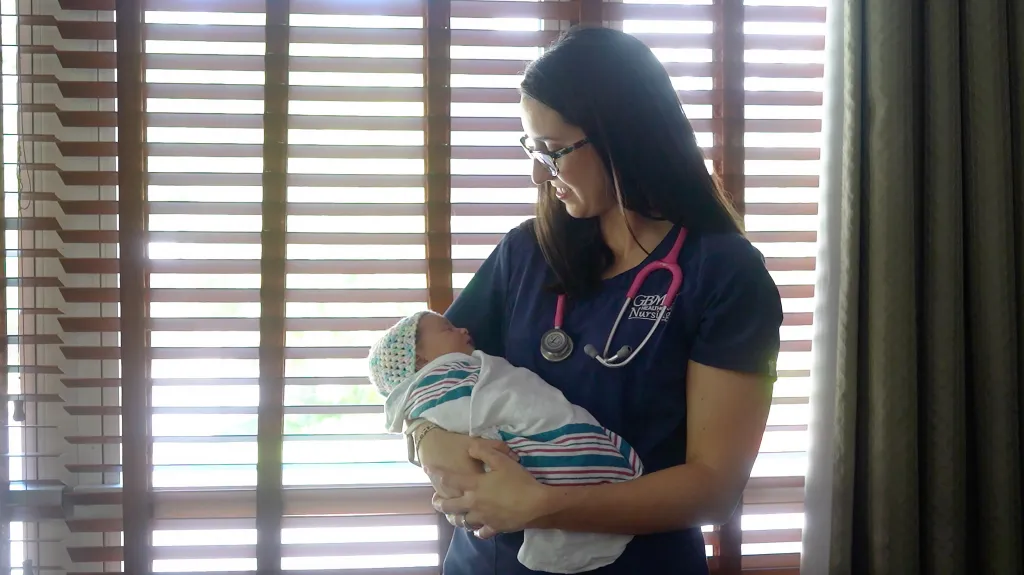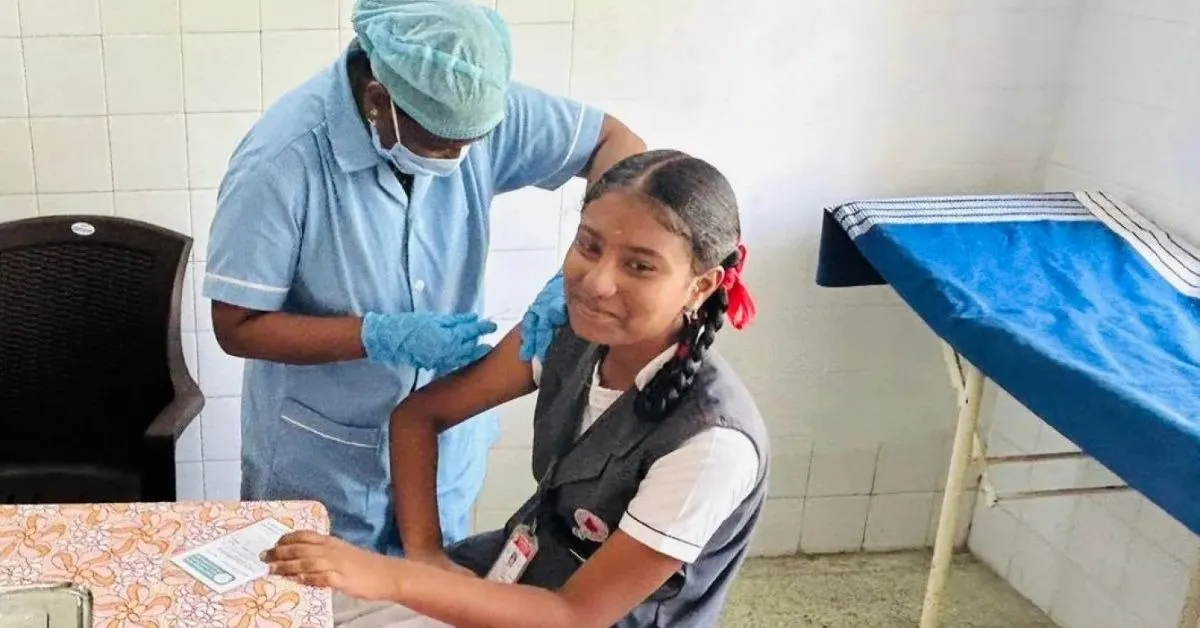Copyright Baltimore Sun

Clinicians at Greater Baltimore Medical Center in Towson successfully reduced the number of mothers who suffered postpartum bleeding from 7.6% to 2.75%, while eliminating a racial disparity in this life-threatening condition. The hospital put new practices into place to ensure expectant mothers had better information and were physically stronger before giving birth, said Jodie Bell, assistant director of maternal and newborn health at Greater Baltimore Medical Center. They also instituted practical changes during delivery. “Prior to starting this work, we were estimating blood loss during and after delivery,” Bell said. “Now we are actively measuring blood loss.” According to the Centers for Disease Control and Prevention data, 83.5% of serious complications for mothers were categorized as preventable. Postpartum bleeding accounts for more than two out of five of those complications, according to findings published by the Maryland Maternal Health Innovation Program. Since 2022, Bell and her team have eliminated the racial disparity in morbidity from bleeding. They reduced the rate for Black patients from 10.42% in 2022 to 2.5% in 2025. They pushed back the severe bleeding risk for white patients from 5.4% to 4.1%. One major factor was a higher rate of anemia, or iron deficiency, in Black moms-to-be, Bell said. “When we started looking at it by race, we noticed white and Black patients were almost identical,” she said. “However, Black patients were more heavily impacted when it did happen.” When a mother enters the hospital for delivery with anemia, they are much more likely to suffer severe effects of bleeding and recover more slowly, she said. The hospital reinforced prenatal instruction about anemia and iron supplements for all mothers. “Now all our patients are coming into delivery a little stronger,” she added. They implemented a Respectful Care Toolkit developed by the Association of Women’s Health, Obstetric and Neonatal Nurses to improve communication and patient autonomy. “We heard from our patients in general that when things like postpartum hemorrhage occur, sometimes the patient left feeling traumatized,” Bell said. “We added a patient debrief to recap what happened, answer their questions and talk to family members. As a result, the patient really understands what happened and feels better about their experience.” The hospital established a multidisciplinary Maternal Newborn Health Equity Committee in 2024 to build on its improvements. They produced informational handouts in more than 50 languages and host free educational and support sessions at Baltimore County Public Library locations. Have a news tip? Contact Karl Hille at 443-900-7891 or khille@baltsun.com.



